Search
Did you mean: Epona?
Search Results
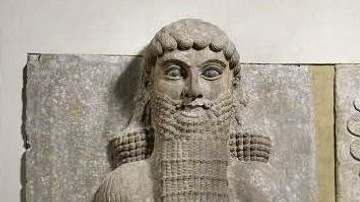
Definition
Gilgamesh
Gilgamesh is the semi-mythic King of Uruk best known as the hero of The Epic of Gilgamesh (c. 2150-1400 BCE) the great Babylonian poem that predates Homer's Iliad and Odyssey by 1500 years and, therefore, stands as the oldest piece of epic...
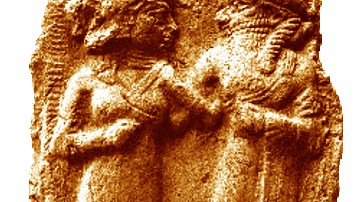
Definition
Inanna
Inanna is the ancient Sumerian goddess of love, sensuality, fertility, procreation, and also of war. She later became identified by the Akkadians and Assyrians as the goddess Ishtar, and further with the Hittite Sauska, the Phoenician Astarte...
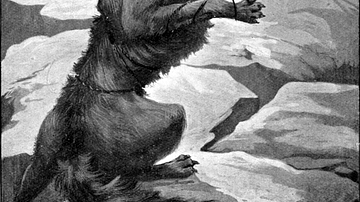
Definition
Fenrir
Fenrir is the great wolf in Norse Mythology who breaks free from his chains at Ragnarök, the twilight of the gods, kills Odin, and is then killed by Odin’s son Vidarr. Fenrir is the son of the trickster god Loki and brother of the World Serpent...
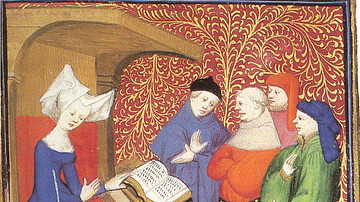
Definition
Christine de Pizan
Christine de Pizan (also given as Christine de Pisan, l. 1364 - c. 1430) was the first female professional writer of the Middle Ages and the first woman of letters in France. Her best-known works advocated for greater equality and respect...
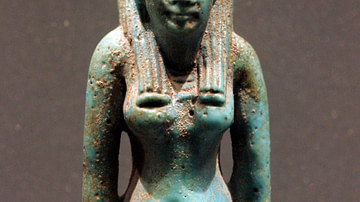
Definition
Nephthys
Nephthys was one of the original five gods of ancient Egypt born of the union of Geb (earth) and Nut (sky) after the creation of the world. She was the fourth born after Osiris, Isis, and Set and was the older sister of Horus (usually referred...

Definition
Vulcan
Vulcan or Volcanus was the Roman god of fire and forge, the equivalent of Hephaestus from Greek mythology. The son of Jupiter and Juno, he was the special patron of blacksmiths and artisans. As the god of the forge and the devastating fire...

Definition
Persian Literature
Persian literature differs from the common definition of “literature” in that it is not confined to lyrical compositions, to poetry or imaginative prose, because the central elements of these appear, to greater or lesser degrees, in all the...
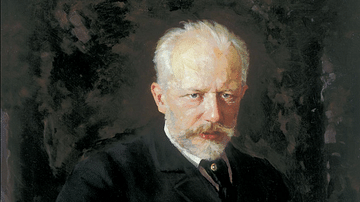
Definition
Pyotr Ilyich Tchaikovsky
Pyotr Ilyich Tchaikovsky (1840-1893) was a Russian composer most famous for his symphonies, the ballets Swan Lake, The Sleeping Beauty, and The Nutcracker, and the operas Eugene Onegin and The Queen of Spades. A composer of innovative and...
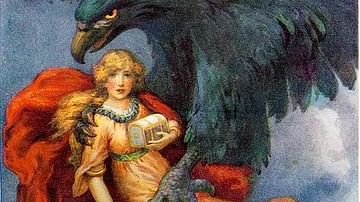
Definition
Idunn
Idunn (pronounced Ih-dune) is a fertility goddess in Norse mythology who holds the apples of eternal youth the gods rely on to remain young and healthy. The Norse gods were not immortal – they just lived very long lives – and the apples of...

Definition
Midgard
Midgard is the realm of human beings in Norse mythology. The Old Norse word garðr literally means an enclosure (yard), and miðr (middle) refers to its position as a circle with both an interior ocean, and an outer ocean beyond which there...